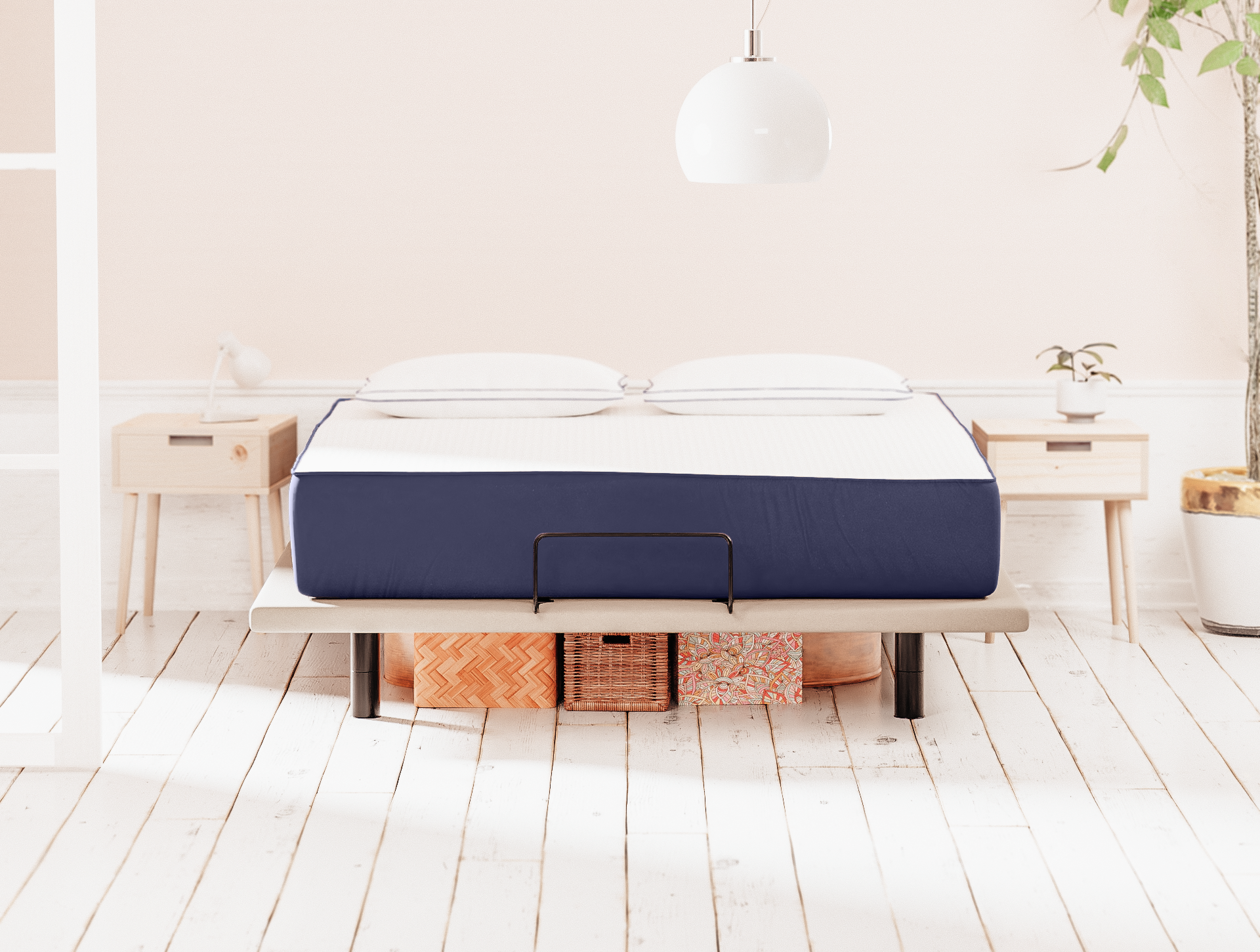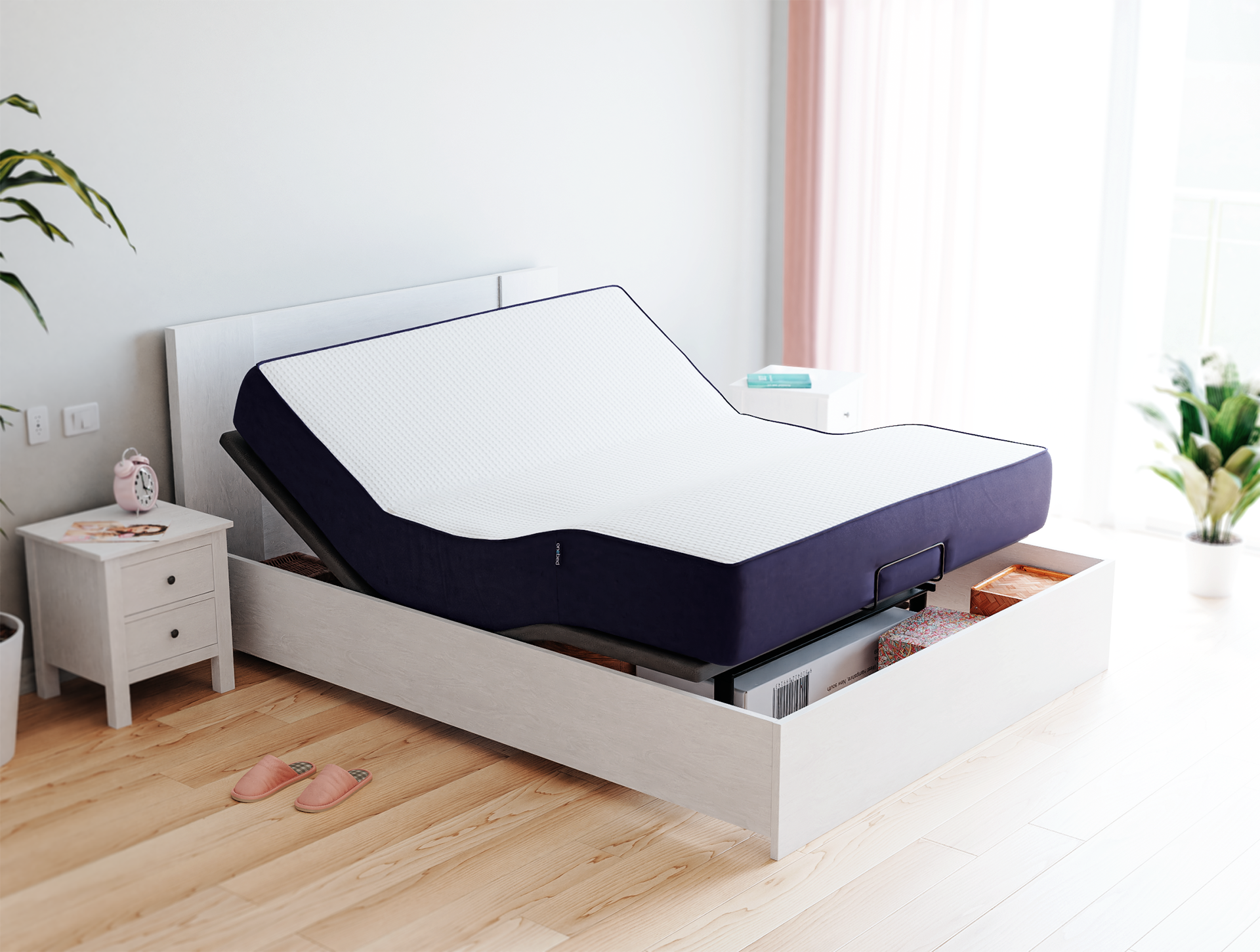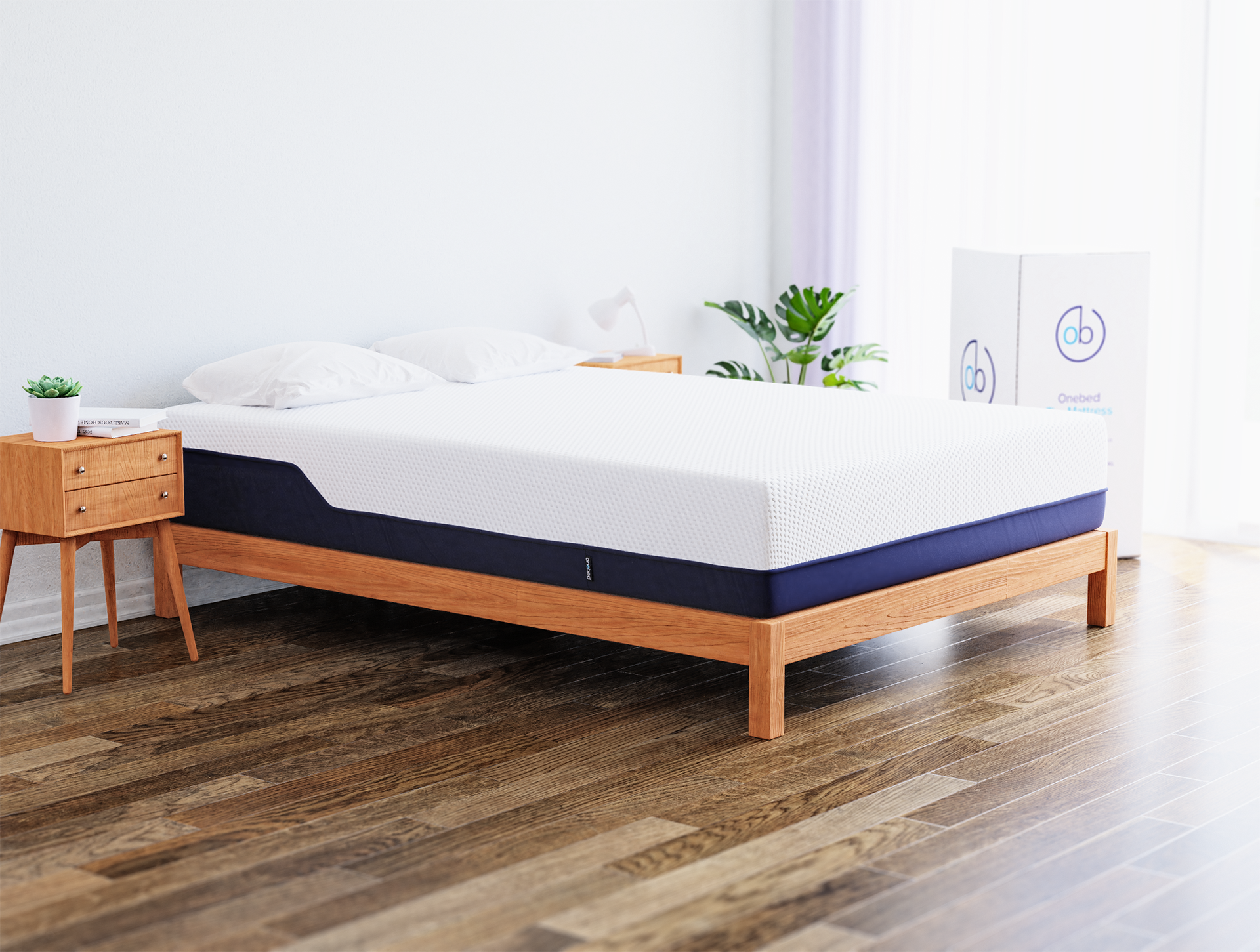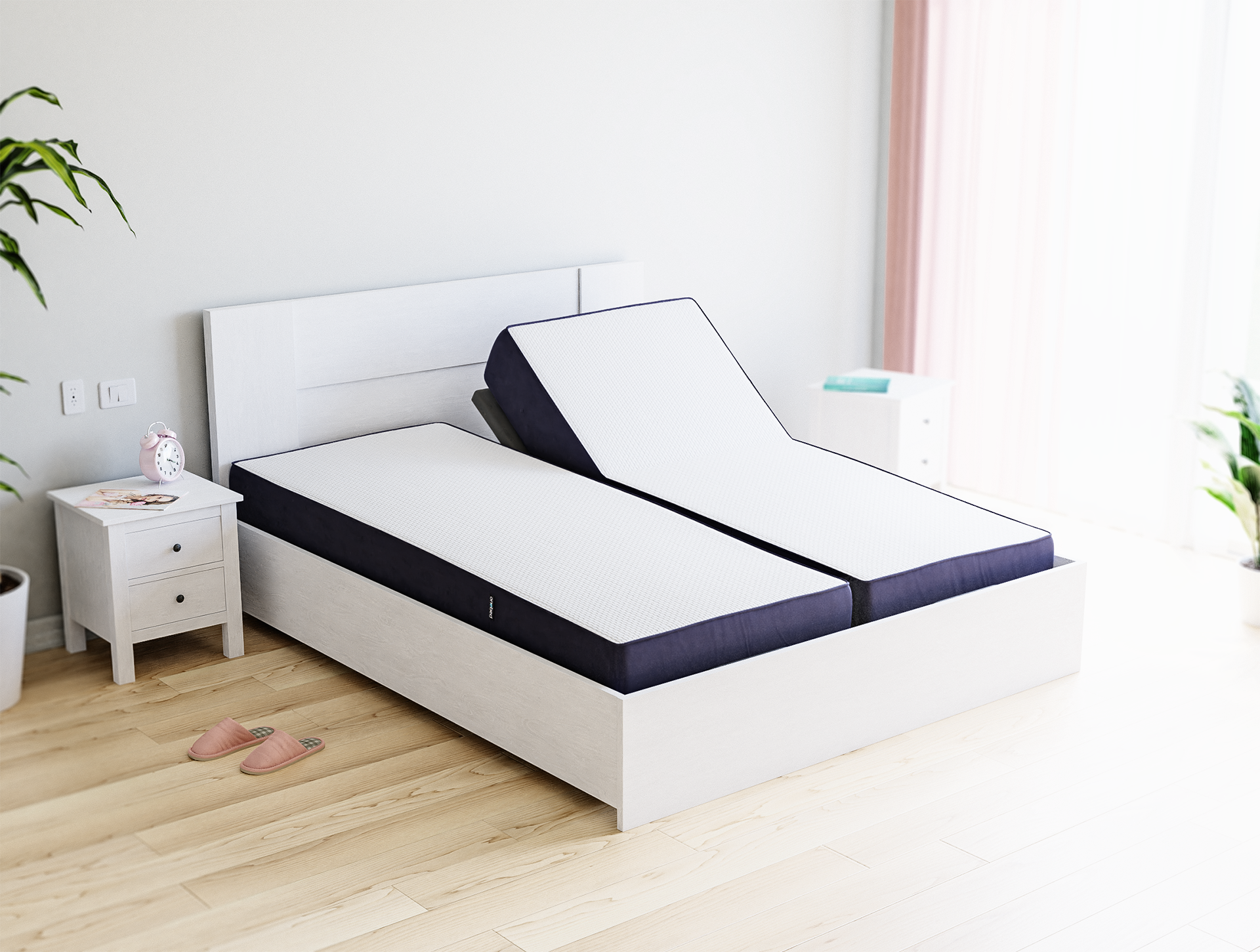There’s always been a stigma against couples who sleep in separate beds. People assume that if you don’t share the same bed with your partner, you’re probably going through rough times.
And it’s a view that’s somewhat understandable. If you love someone, doesn’t it follow that you’d want to share your bed with him or her? Isn’t sharing the same bed an essential part of what makes a couple?
Well, not necessarily.
Healthy relationships are based on plenty of factors like trust, care, understanding, and validation. While it’s undeniable that sharing your bed with your partner is a good way to express and exercise these positive feelings, it’s not the only way to do so.
All and more of these positive emotions can be fully expressed and exercised even while sleeping in separate beds. Love can be expressed and felt in countless different ways. And not subscribing to one of the popular ways to do so doesn’t necessarily mean that you don’t love your partner.
This is especially true if bed sharing has become more of a chore instead of a want for either partner.
So, open your mind and ask yourself: would you and your partner be better off sleeping in different beds?
Different Sleeping Habits May Require Different Spaces
In the National Sleep Foundation’s guide to healthy sleeping practices, experts advise using the bed exclusively for sleep and sex. They say you should avoid working or doing anything too active (like replying to emails/playing games) while in bed.
And the reason for this is simple. If you use your bed for nothing but sleep and lovemaking, it becomes a stronger mental cue for relaxation and sleep. Simply lying in your bed will then signal the brain that it’s time to relax, which aids in prompting the body’s natural sleep mechanisms.
It becomes a little harder to accomplish this when you’re sharing a bed with another person every night. And that’s because different people can have significantly different sleeping practices.
For instance, you might prefer sleeping in total darkness while your partner can only sleep with the TV on. Both total darkness or white noise from the TV can be great cues for sleep, but it’s obvious that they can’t be used together in the same space. Whether or not the TV is on, one partner will be forced to give way and struggle to sleep.
Of course, you can always try to adjust to your partner’s sleeping habits, but the reality is that this isn’t always possible. Even if your bedtime ritual is just silently reading a book, it would still bother your partner if they’re used to sleeping in complete darkness.
Old habits die hard, and that includes nightly sleeping practices.
A simple way to fix this would be to just get separate beds.
Snoring Can Drive Anyone Crazy
This is a common but often ignored reason why some couples need to sleep apart. Chronic snoring is one of the easiest ways to get your partner off the bed and into the living room couch.
In certain cases, the usual remedies for chronic snoring might not suffice to solve the problem. Earplugs can be uncomfortable. The snoring could also just be a symptom of a more serious, underlying health problem, like obesity, nasal problems, allergies, or even sleep apnea.
If so, then it’s likely that the snoring won’t go away anytime soon. This means that whoever isn’t the snorer in the relationship will just have to get used to getting rudely awakened in the middle of the night.
If this occurs too often in your relationship, it’s time to upgrade that backup couch into a much more sleep-conducive bed.
Lone Sleeper is Your Default Bedtime Mode
Or it could be your partner. Either way, some people are just not wired to share mattresses because of certain factors and sleeping behaviors.
Some people are just blanket bandits who hog the sheets regardless of who’s beside them. It could also be that one or both of you prefer a specific firmness in your mattress. In that particular situation, the loser of the argument on which type of mattress to get will inevitably have to try sleeping on a surface that’s not quite up to their personal standards.
Some people also can’t help but aggressively move around in their sleep, which is a great recipe for an argument in the morning. There are even cases when a person exudes so much physical heat during sleep that their partner wakes up sweating in the middle of the night.
It could also be a disease or condition that manifests itself during bedtime. Not everyone can sleep next to a sleep apnea machine, even if it’s on the other side of the bed. Likewise, if one of you has restless leg syndrome or RLS, both of you could be awakened by one’s involuntary leg movements in the middle of the night.
These are just some of the conditions why a person might be better off sleeping alone. And if either you or your partner exhibits one or more of these conditions, it could already be interrupting with how well you both sleep.
Get Excited to Sleep With Each Other Again
There is such a thing as being too close in long-term relationships. While sleeping on the same bed shows love and devotion, too much physical proximity can also result in dwindling physical desire.
If this happens, it doesn’t mean that you’re no longer in love. It’s just how humans are built. While sleep relies on feelings of safety and security, sex is more primal and dangerous.
If you’ve been having some problems with intimacy, the physical separation of different beds can only do wonders for your sex life. Instead of ‘having’ to sleep beside one another, you can choose which nights you’d like to spend together.
You can even choose which bed you want to sleep in, or whether or not you actually want to sleep together after making love. You can even surprise each other with some unexpected midnight action every once in awhile (just make sure you have keys to each other’s rooms).
Sleeping separately presents many opportunities for tantalizing encounters.
If you’re still skeptical about doing it, why not just try it for a couple weeks or months? It could give both of you some much-needed high quality sleep, rekindle your sex life, and allow you both to be a more giving and caring lover. Good sleep fosters good relationships and vice versa; separate beds could be the key to both.




























































